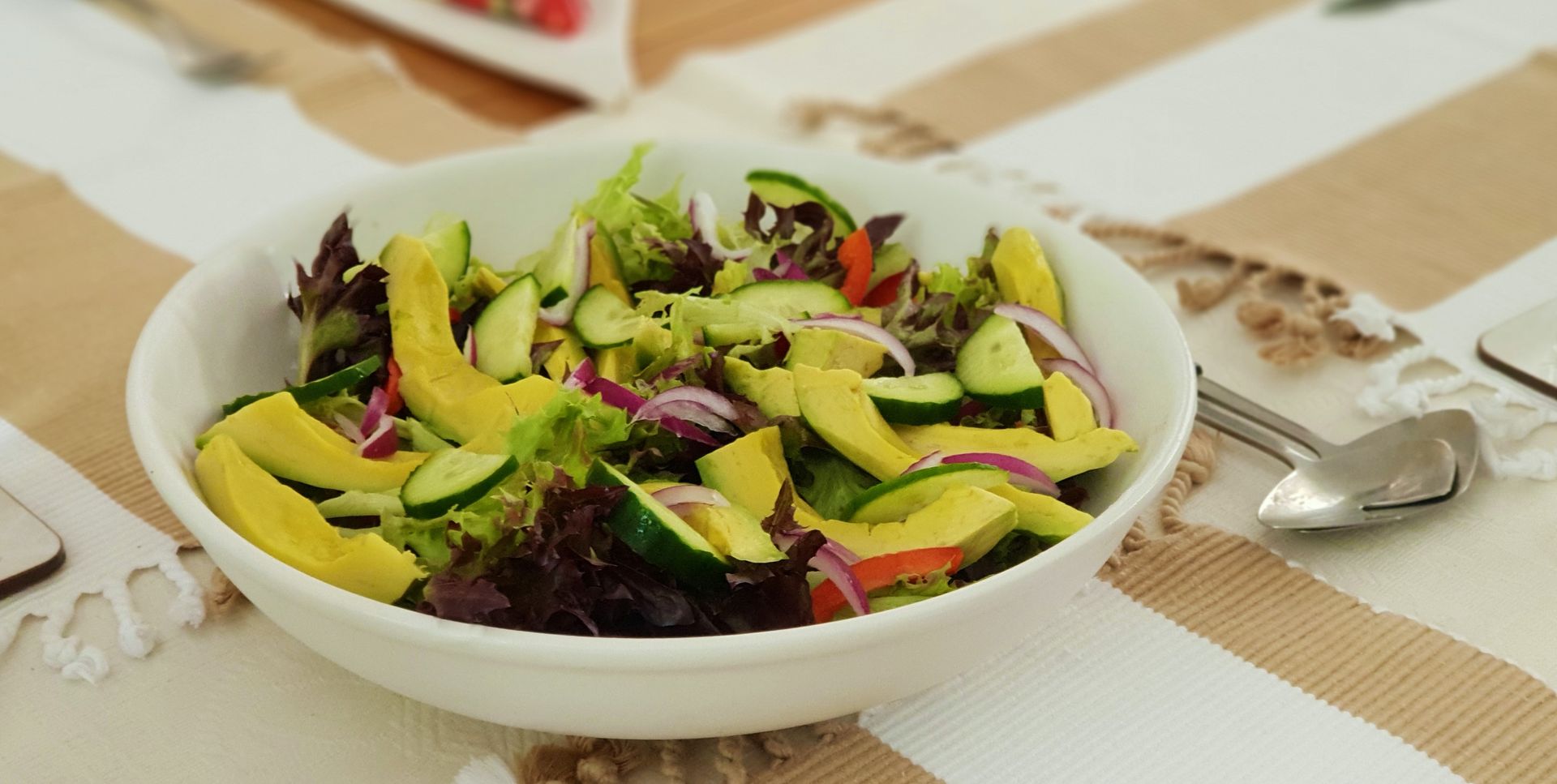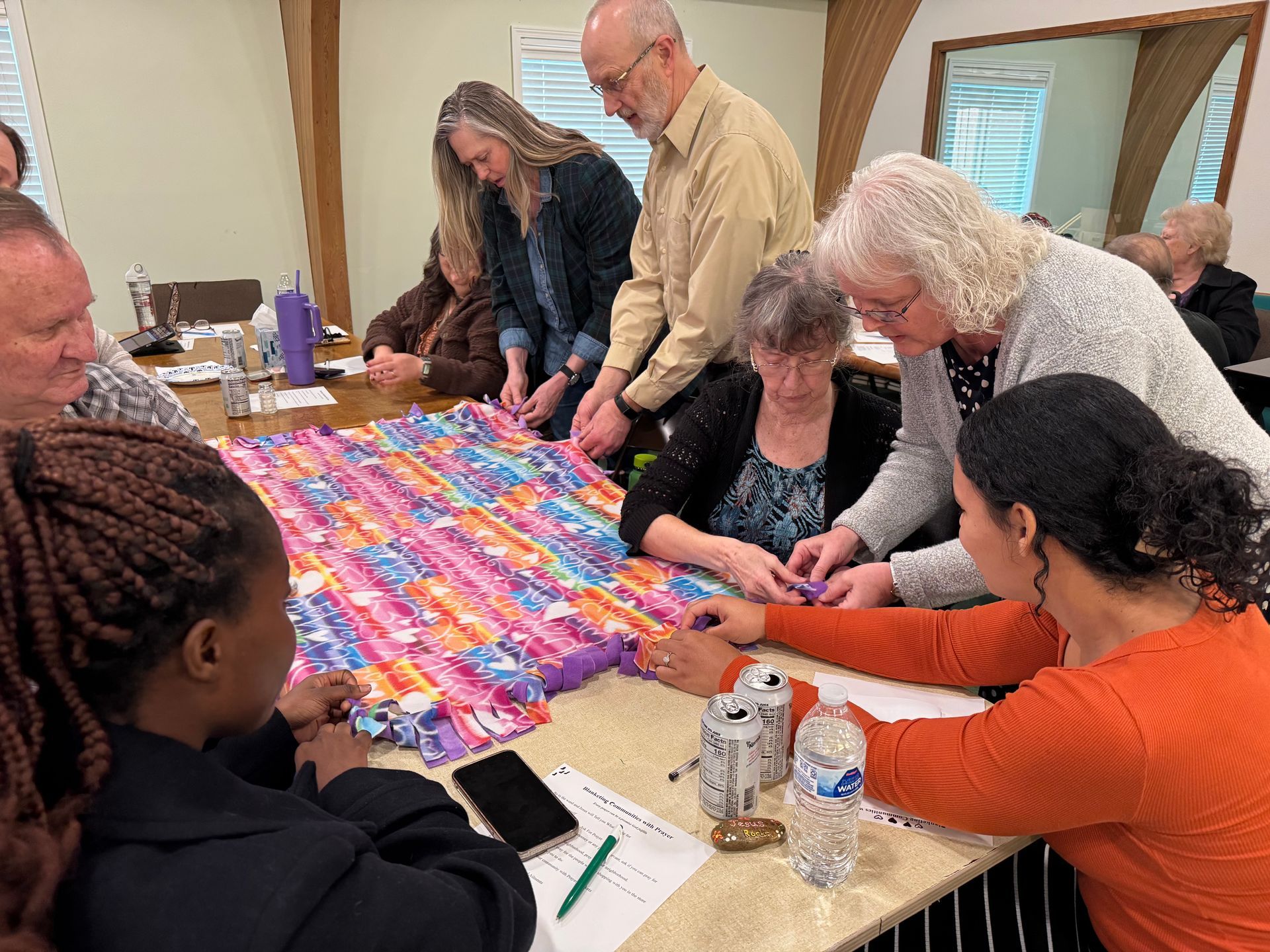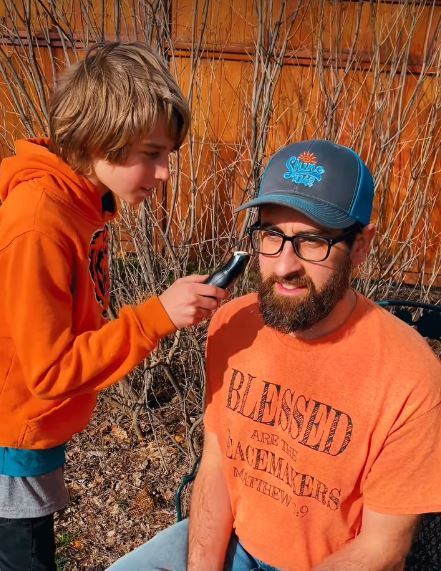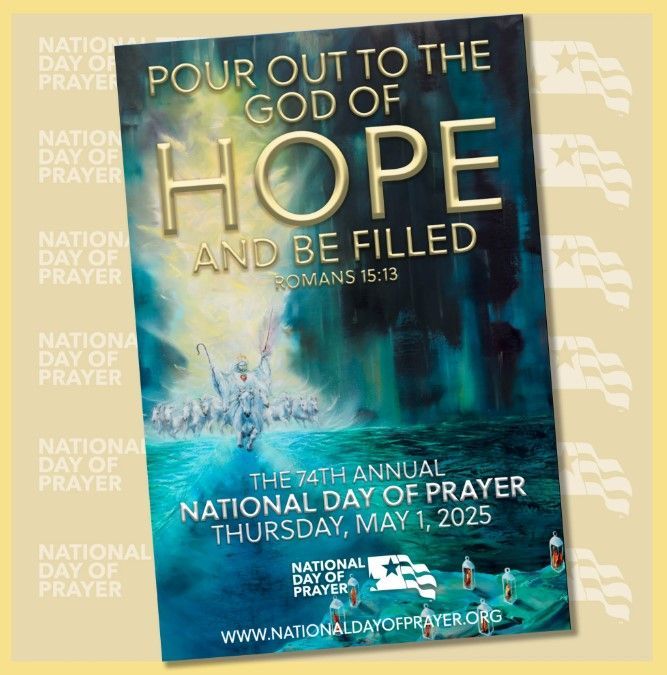Food Poisoning Concerns
Summer Health Tip #1: Food poisoning is something that affects people year-round but, here in the US, it seems like it is more common during the summer months.
By Cindy Williams, Rn
Coordinator, Health Ministries
Is there a word that summarizes summer for you? Vacation. Hiking or backpacking. No school. Swimming. Water skiing. Picnics and barbecues with friends and family. Warm weather. Fireworks. Forest fires. Paddleboarding, canoeing, or kayaking.
I love the warmer, even hot, temperatures of summer. I suppose it’s a leftover from growing up in Arizona. It also makes many of the things I enjoy much more pleasant.
This is part one of a short series of summer-related health tips. There aren’t many things that will spoil your summer as much as getting sick or hurt.
Food poisoning is something that affects people year-round but, here in the US, it seems like it is more common during the summer months. Warmer temperatures and frequent outdoor gathering provide ample opportunities for this to strike.
Food poisoning is any illness or disease that results from eating contaminated food. The US Federal government estimates that there are about 48 million cases each year. That is the equivalent of 1 in 6 Americans each year. There are also an estimated 128,000 hospitalizations and 3,000 deaths each year from food poisoning.
Most foodborne illnesses are caused by bacteria and viruses. About 90% of these are from seven pathogens: norovirus, salmonella, clostridium perfringens, campylobacter, listeria, E. coli, and toxoplasmosis. Hepatitis A, clostridium botulinum, and staphylococcal aureus are other pathogens that cause us problems. Symptoms may include nausea, vomiting, diarrhea, fever, dehydration, and stomach cramps. They can range from mild to severe depending on the pathogen and your own body. Pregnant women, senior citizens, children under five years of age, and those with weakened immune systems are more likely to get sick from contaminated food and to have more serious illness.
Because the pathogens causing foodborne illness are spread by either contaminated food or person-to-person (or both), preventing foodborne illness focuses on personal hygiene and safe food handling practices. The single most important thing you can do is wash your hands – after using the toilet, after changing a diaper, after touching a pet, after tending to a sick person, after blowing your nose, coughing, or sneezing, and before and after handling food. Yes, that is a lot of hand washing!
Here are some other things you can (and should) do to prevent illness:
- Wash your kitchen surfaces frequently, and well, with hot, soapy water.
- Keep raw food separate from cooked food. Use separate utensils, plates, and cutting boards.
- Cook to the right temperature. Use a food thermometer to be sure.
- Refrigerate foods promptly after serving and eating.
- Keep hot foods hot (above 140°), and cold foods cold (below 40°).
References: https://ucanr.edu/sites/camasterfoodpreservers/files/341233.pdf
https://www.fda.gov/consumers/consumer-updates/barbecue-basics-tips-prevent-foodborne-illness














